A US state is weighing a proposal that could hit Taylor Swift and dozens of her wealthy neighbours — with a six-figure tax bill for leaving their coastal mansions mostly unoccupied.
The so-called “Taylor Swift Tax,” an unofficial nickname for a proposed surcharge on luxury properties not used as a primary residence in Rhode Island, would levy significant annual fees on second homes valued over $US1 million ($A1.5 million), the New York Post reports.
The pop star’s sprawling estate in Watch Hill, assessed at roughly $US17 million ($A26 million), could be subject to an additional $US136,000 ($A200,000) in taxes each year if the measure is approved, according to Realtor.
While the legislation does not single out Swift by name, her high-profile ownership has thrust her into the spotlight of a broader debate playing out across New England’s elite seaside enclaves.
The initiative, formally referred to in budget documents as a “non-owner-occupied property tax,” is part of a growing effort by politicians to address housing affordability in the Ocean State by tapping into the wealth of seasonal residents.
MORE: Portelli sells entire Block after dud stunt
Nick Kyrgios’ $2m pay out amid TV axing
‘Finalised’: Who got what in Isla, Sacha split
Taylor Swift’s $US17 million Watch Hill mansion. Picture: Realtor
At the heart of the proposal is a straightforward formula: properties valued at more than $US1 million that are not used as a primary residence would face a surcharge of $2.50 ($A3.84) per $US500 ($A768) of assessed value beyond the first million.
That adds up quickly for high-end homes in coastal towns like Westerly and Newport, where property values have surged in recent years, partly due to out-of-state buyers and short-term rental demand.
Politicians backing the measure argue that absentee ownership contributes to housing shortages and erodes community life.
Many luxury homes sit vacant for much of the year, they say, while local workers and families struggle to find affordable housing.
Supporters believe the tax could help balance that equation.
By imposing a cost on keeping homes empty, they hope to encourage property owners either to spend more time in their homes or open them to renters — both of which would inject life, and potentially revenue, into quiet off-season communities.
The revenue generated would be earmarked for housing initiatives.
Taylor Swift seen at her Rhode Island home. Picture: Taylor Swift/Instagram
Opponents, however, warn of unintended consequences.
Real estate agents and longtime property owners caution that the measure could deter investment, depress home values and even pressure multigenerational families to sell beloved beach homes they’ve owned for decades.
They argue the policy casts too wide a net, penalising not only speculative investors but also those with deep roots in the state.
Debate over the bill has drawn sharp lines between politicians and real estate professionals, full-time residents and part-time neighbours.
While some view the measure as a needed corrective to a distorted housing market, others see it as a shortsighted move that could undermine property rights and local economies.
If passed, the law would not take effect immediately. Homeowners would have until July 2026 to adjust — either by proving they spend at least 183 days a year at the property (the standard for primary residence status) or by listing their homes as rentals.
Parts of this story first appeared in the New York Post and was republished with permission.
Sign up to the Herald Sun Weekly Real Estate Update. Click here to get the latest Victorian property market news delivered direct to your inbox.
MORE: Huge star slams ‘violent’ Trump after quitting US






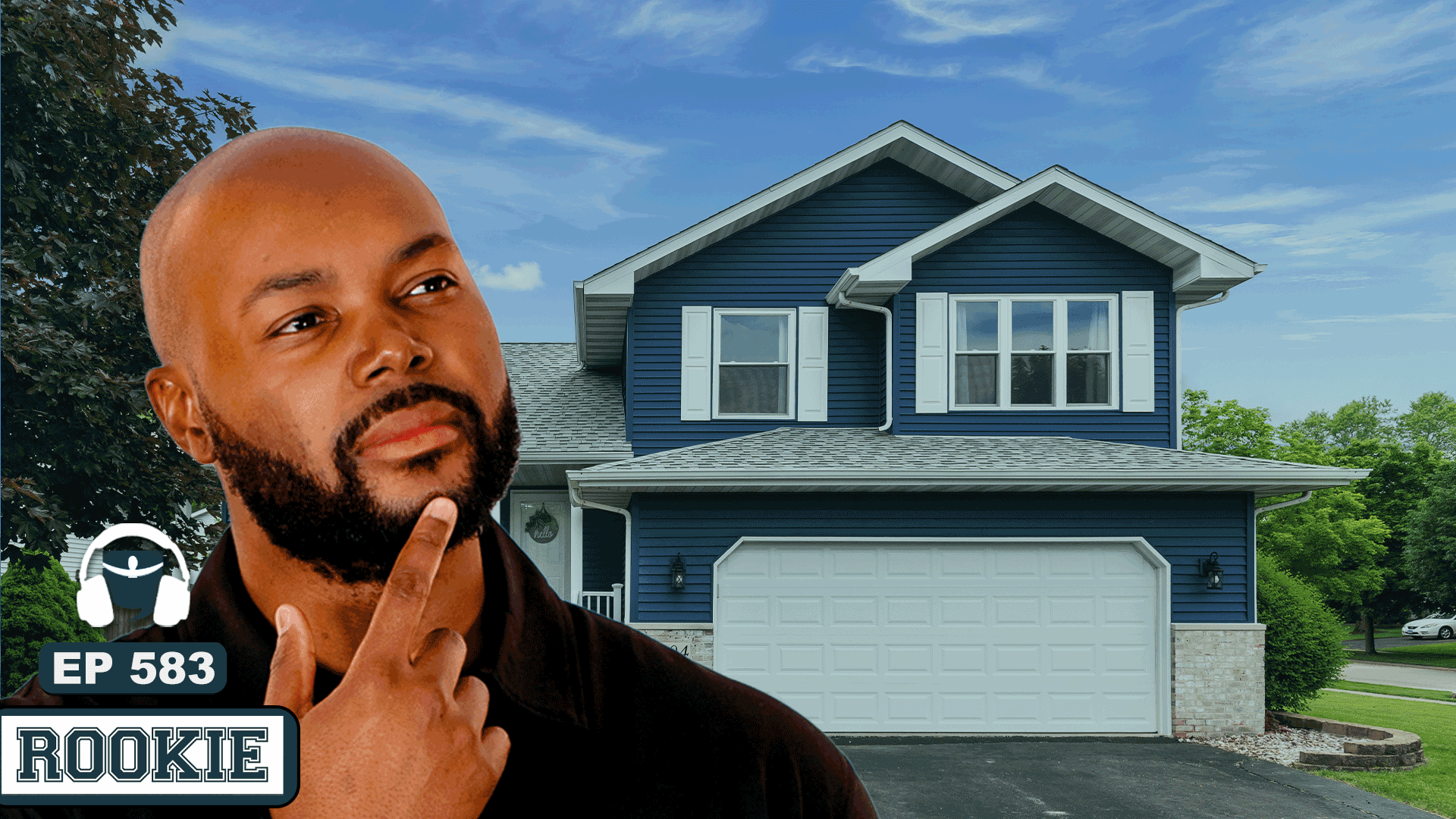

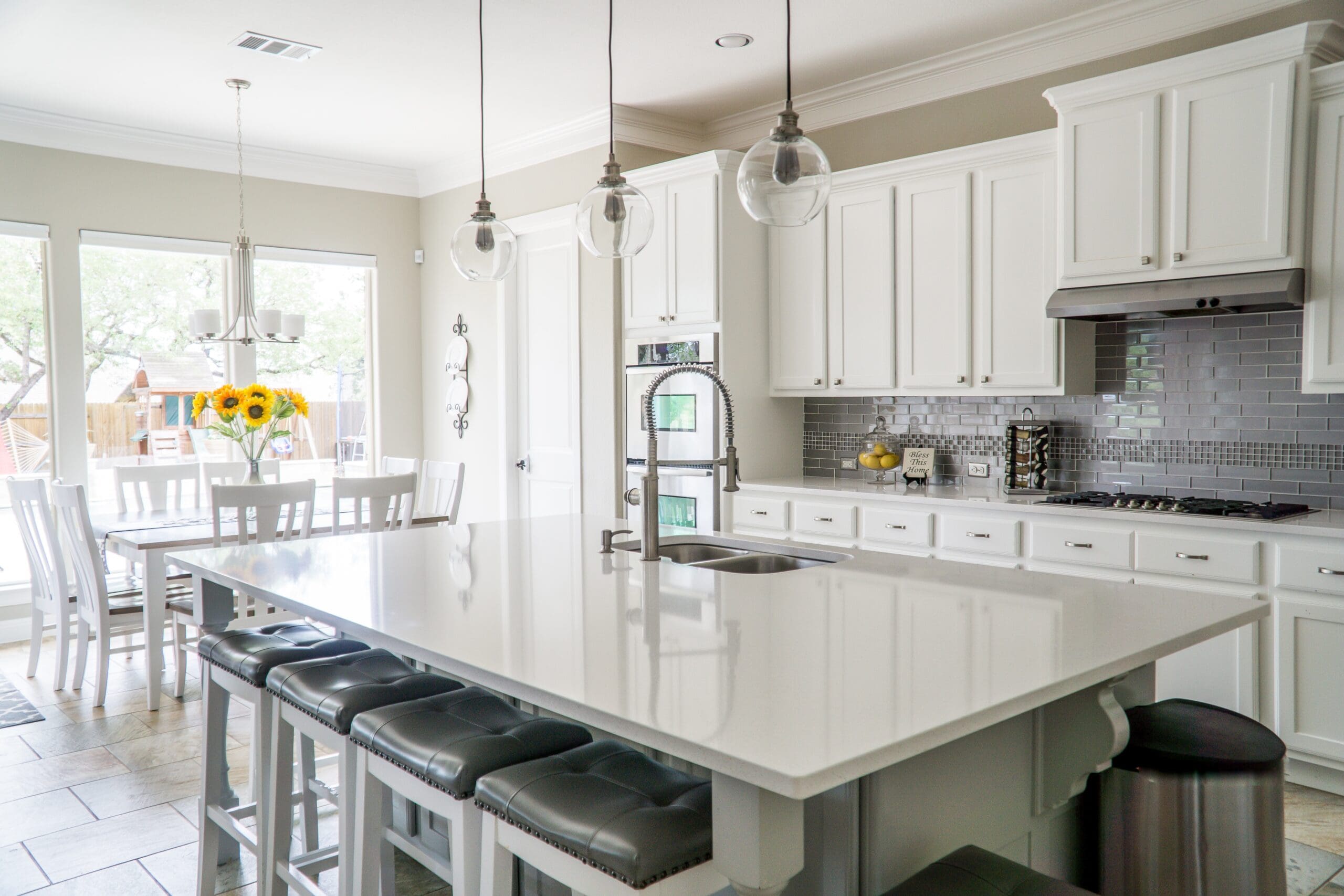
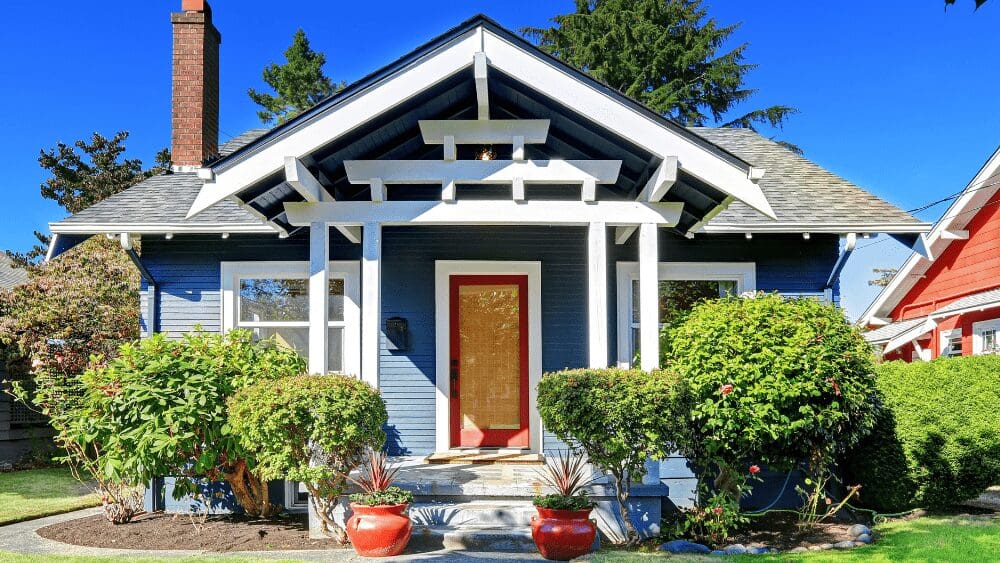

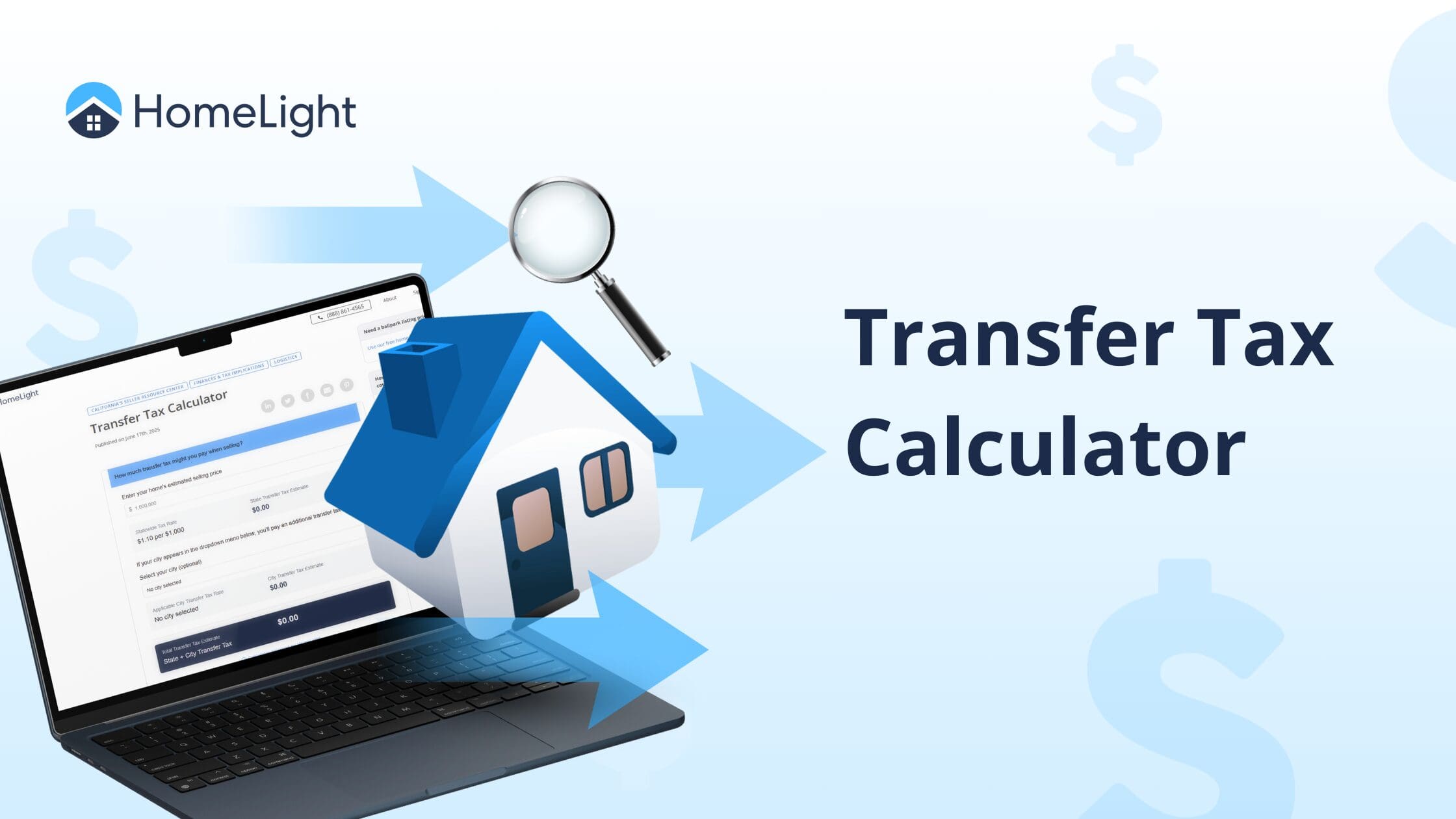

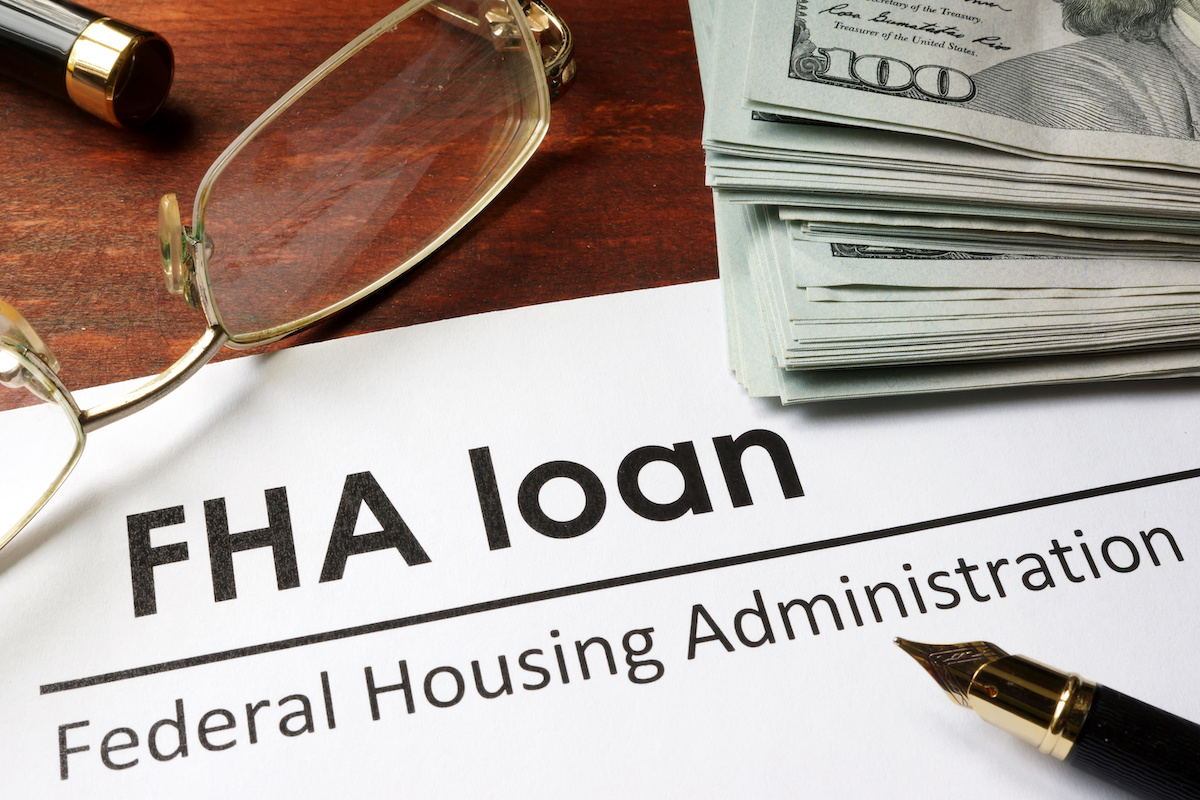

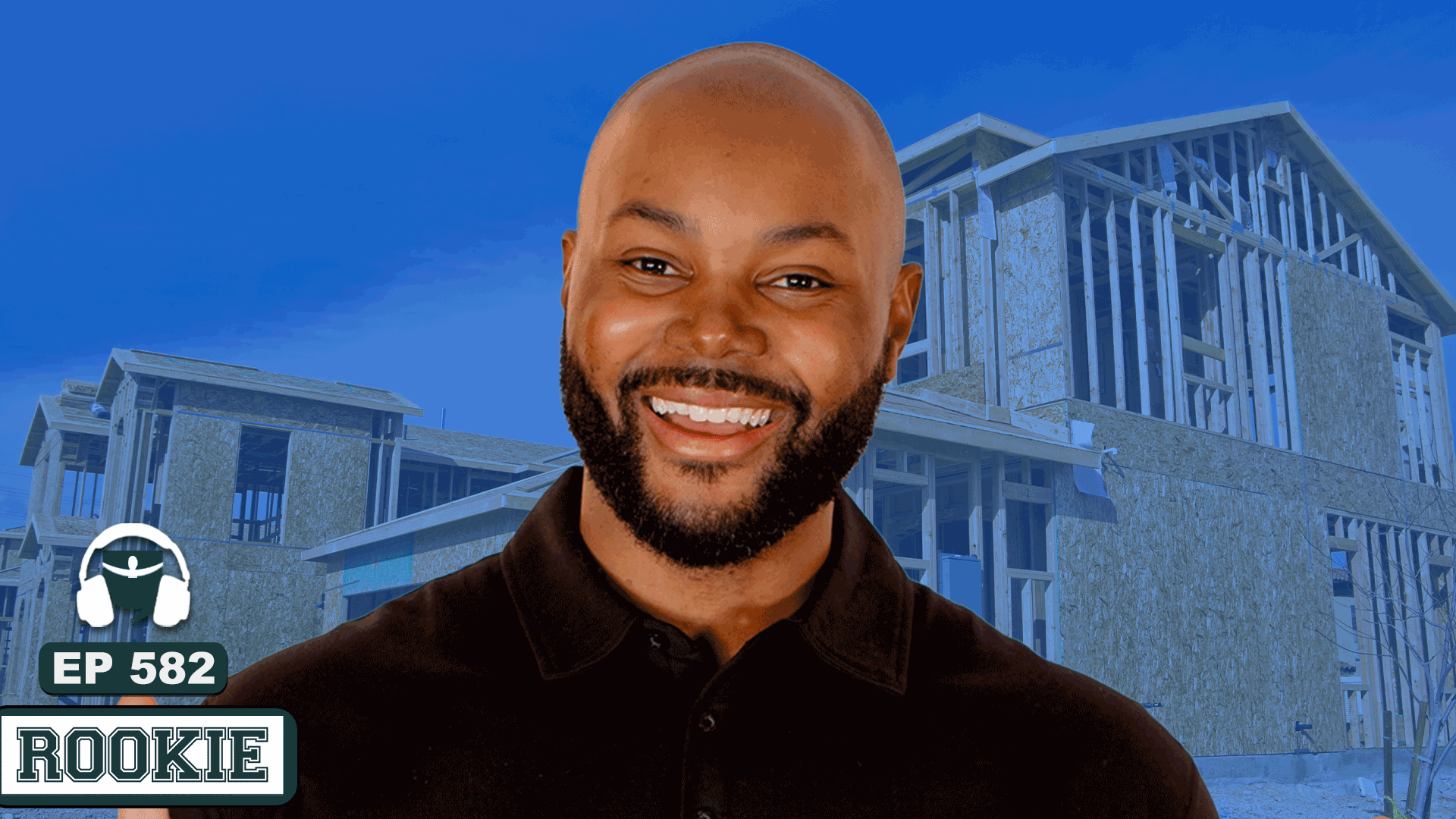


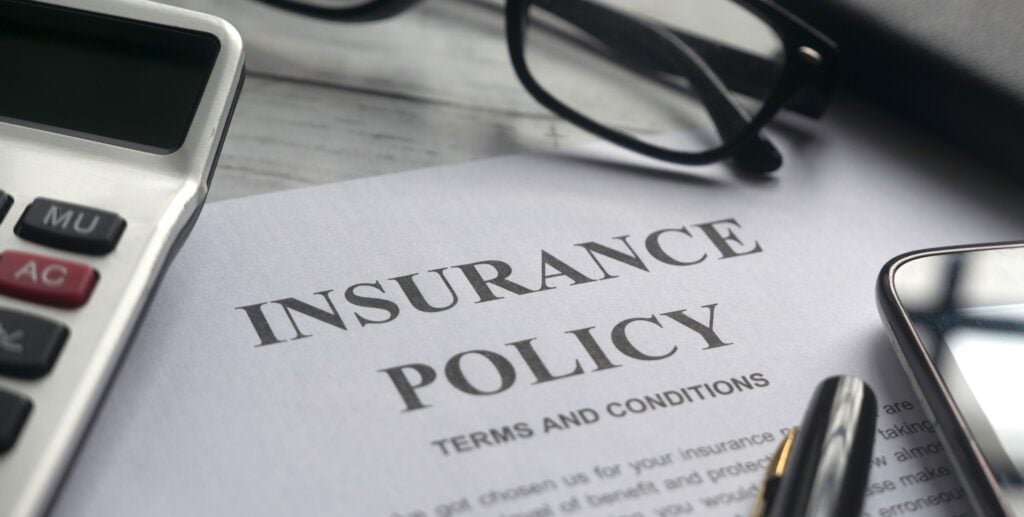
 English (US) ·
English (US) ·